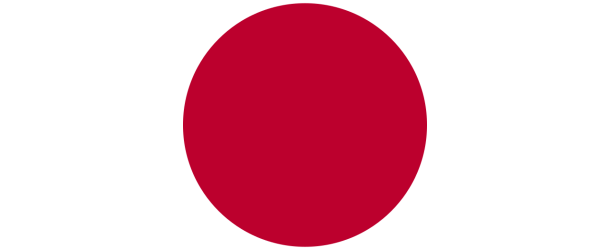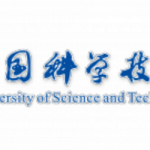Corporate Japan Fights to Keep Up in Quantum Computing

(Asia.Nikkei) Japan’s top companies are joining forces as global competition over next-generation quantum technology grows more intense.
“Quantum technology has the potential to promote the development of Japanese industry,” said NTT Chairman Hiromichi Shinohara at a May 31 online news conference held by a group of companies focused on fostering the technology.
“We need to bring together the expertise of industry, government and academia,” Shinohara said. Eleven companies, including Toshiba, NTT and Hitachi, this summer will form a council tasked with developing the technical and human resource inputs to enable Japan to compete globally in the field. More than 50 companies are expected to join.
Because quantum communications and encryption are directly related to national security, the Japanese government plans to work with the private sector to advance Japan’s capabilities in the field.
For these new devices to become a reality, advanced manufacturing techniques are required. Japan has strengths in that regard. According to a survey by Valuenex Japan, an analytics company, Toshiba is No. 1 in the world in hardware patents for quantum communications and encryption, with 104, while NEC ranks third with 88. Toshiba, which has been researching the technology for about 20 years, is also the global leader in terms of speed and distance for sending encryption “keys.”
Japan, which prides itself on being “unbeaten in technology,” lags behind in practical application. China appears to account for the majority of the global quantum communications market, which is estimated to be worth about $2 billion at present. There are many instances of Japan losing out to the competition despite having superior technology, such as with mobile phones and flat-screen TVs. Japan has been overtaken by South Korea and Taiwan in semiconductors, for example.
Japanese companies are pinning their hopes on “quantum-inspired” computers. These solve complex problems using conventional digital computer technology, while incorporating ideas from quantum mechanics. Unlike quantum computers, which are perhaps 20 years away, quantum-inspired computers are now entering practical use.
JSR, Tokio Marine Holdings and Dai-ichi Life Holdings are also members of the new group focused on applying quantum technology. Collaboration with these end users is important for companies working on the technology itself.
Toyota Motor Chairman Takeshi Uchiyamada also expressed his concern at the May 31 news conference, saying that delays in the practical application of the technology would “undermine [Japan’s] future industrial competitiveness.”





















